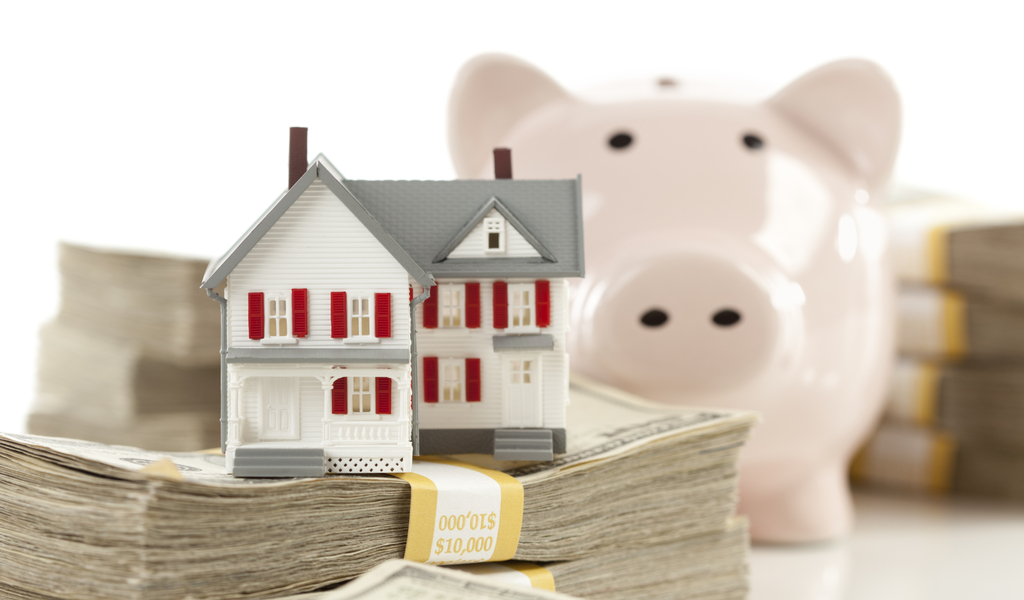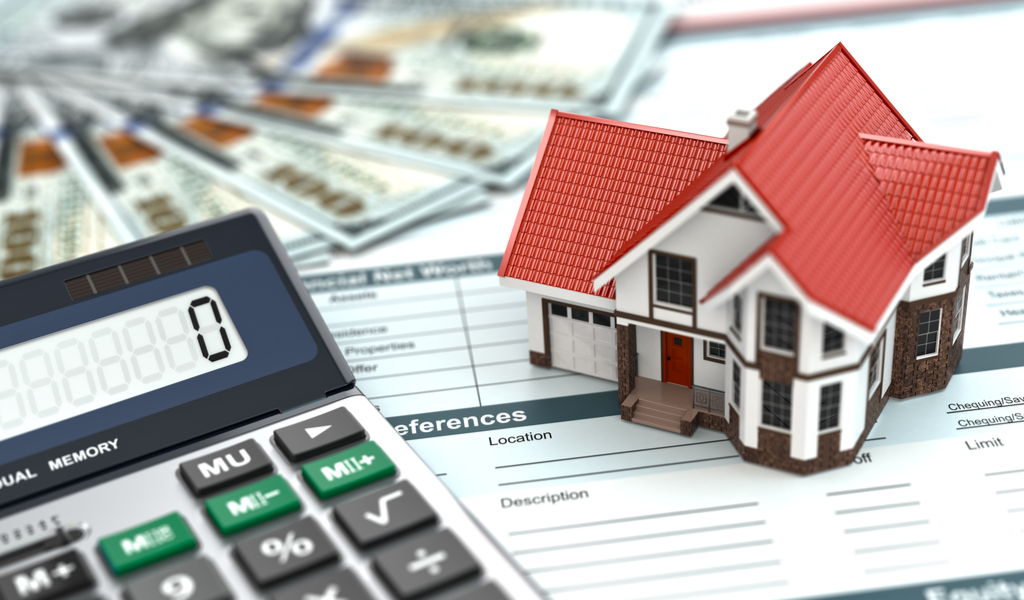As they say in the real estate industry, “Cash-flow is king.” Nonetheless, the largest financial gains in real estate are realized through equity, not cash-flow. Equity is generally defined as the value of the property which you actually own, or the amount leftover after subtracting any outstanding loan balances. In other words, if one of your properties is worth $100,000, but you still owe $65,000 in your mortgage, your equity in this hypothetical property would be $35,000. Growing your equity is necessary in order to realize large capital gains. If you own a rental property that is currently rented out, then you are already growing your equity.
The world of real estate, like most other professional fields, is filled with common phrases and terms which describe popular practices or occurrences within the industry. One of the most well-known sayings in real estate is, “You make money when you buy.” The quickest method to grow your overall equity is to capture it upon purchasing a property. Real estate is rarely sold at its actual value; it is sometimes overpriced, and sometimes sold at a discount. If you purchase a property for a sum that is lower than its actual market value, then you will capture equity. For example, if a property is worth $150,000, but you negotiate the price down to $135,000, then you have just captured $15,000 in equity.

In other words, you can essentially sell this property for $150,000 and make a $15,000 profit. It is important to note that what the property is actually worth and the price it is listed for are two entirely different things. The former refers to actual market value; the latter refers to what the owners think it’s worth. If the hypothetical property we just discussed is listed for $175,000, but after conducting research you realize that it won’t sell for more than $150,000, then your goal as a real estate investor should be to negotiate a price lower than the actual market value of $150,000, not the asking price.
As previously mentioned, if you currently rent one or all of your properties to tenants, then you are already building equity. The money you receive in rent goes toward the repayment of the mortgage. If your monthly mortgage payment is $500, then with each payment you make to the lender, from the funds received after collecting rent, your equity grows by $500.
The last method to grow equity discussed here requires absolutely no effort on the investor’s part. This particular phenomenon is known as “amortization”. Every single year, due to the fact that the value of real estate continues to rise, an investor gains equity from the perpetual increase of the property’s overall price. On average, rental properties amortize at a rate of roughly 3% each year. This means that if you own a property worth $200,000 which experiences amortization at a rate of 3%, then your equity grows by $6,000 every single year.

There are many ways through which an individual can profit from real estate investing. Growing equity is usually overlooked due to more immediately-obvious benefits such as cash-flow, or the quick capital gains realized by flipping properties. However, despite common practices, a growing equity provides the fastest and most secure path to financial freedom.



